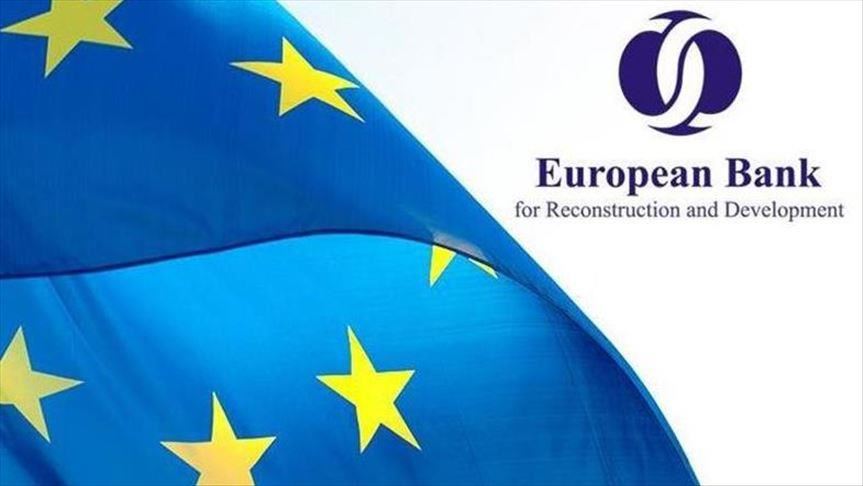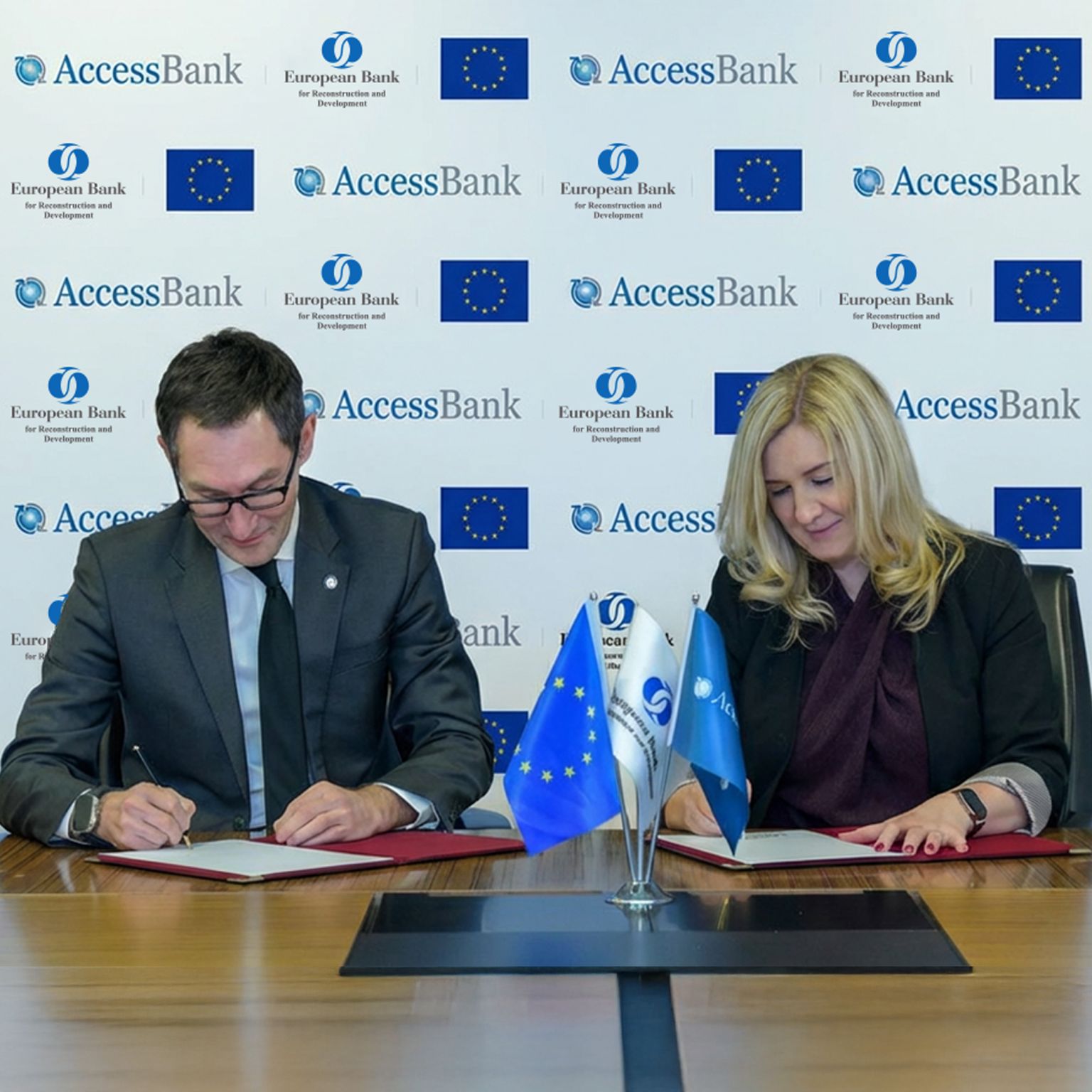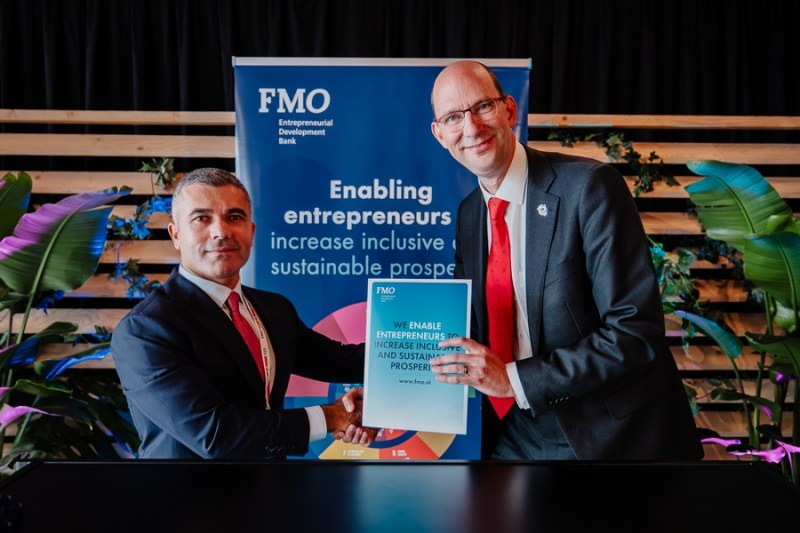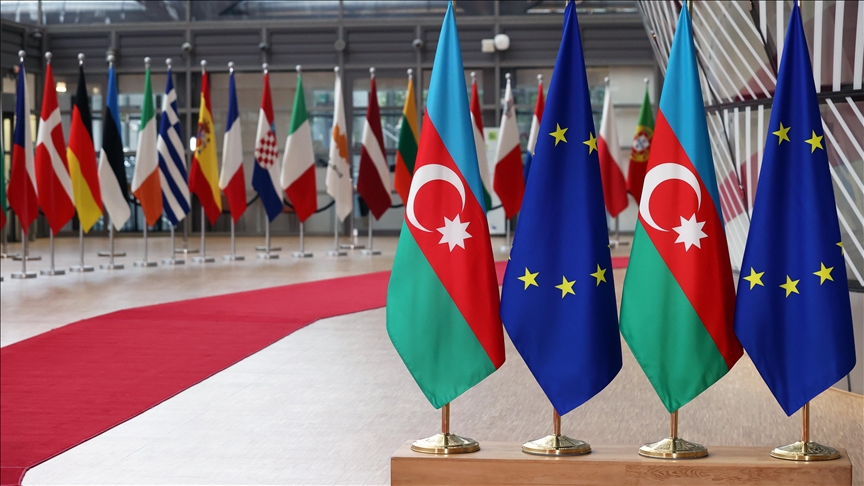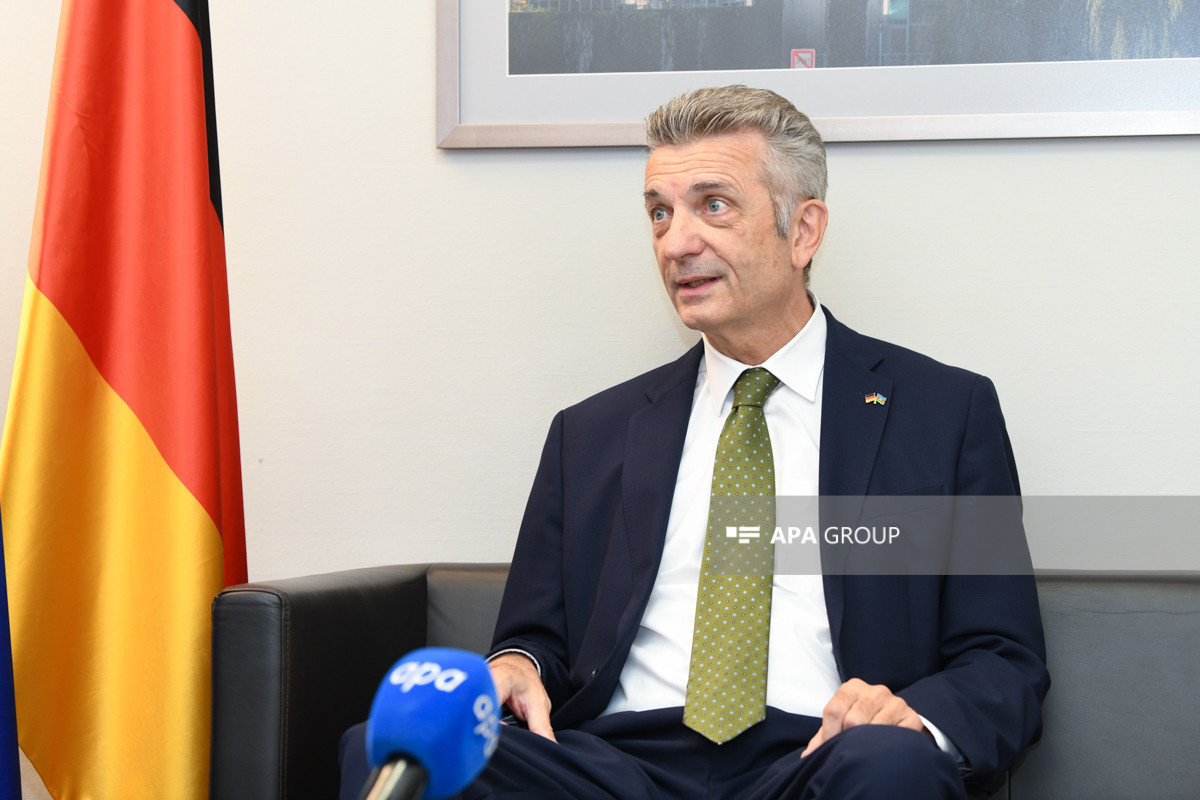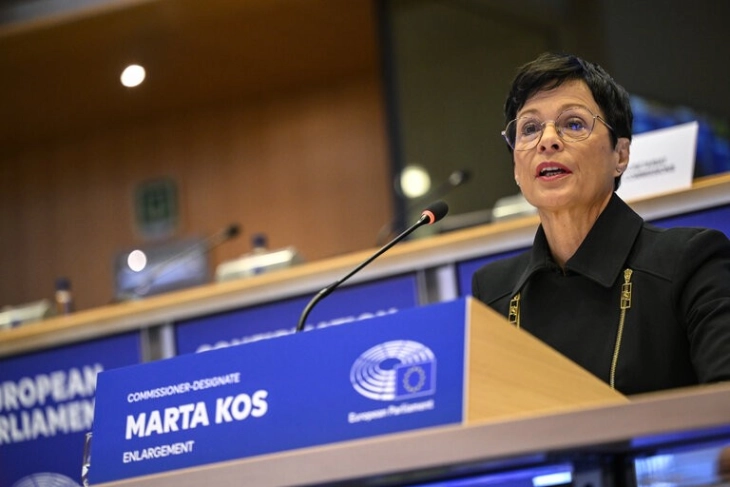
May 13, 2022
COVID-19: the EU's response to the economic fallout
The EU and its member states have taken action to minimise the fallout on the economy of the COVID-19 pandemic.
On this page you can learn more about the concrete measures the EU is taking to support the economic recovery:
- the EU's recovery plan, Next Generation EU
- SURE: temporary support for workers
- amendments to the EU budget to address urgent issues
- re-direction of EU funds to help member states most in need
- support to most affected sectors
A recovery plan for Europe
On 23 April 2020, EU leaders decided to work towards establishing an EU recovery fund aimed at mitigating the effects of the crisis. They tasked the European Commission to urgently come up with a proposal, which would also clarify the link between the fund and the EU's long term budget. The proposal, a recovery plan for Europe, was presented by the European Commission on 27 May 2020.
On 21 July 2020, EU leaders agreed on a €750 billion recovery effort, Next Generation EU, to help the EU tackle the crisis caused by the pandemic.
Alongside the recovery package, EU leaders agreed on a €1 074.3 billion long-term EU budget for 2021-2027. Among others, the budget will support investment in the digital and green transitions and resilience.
Together with the €540 billion of funds already in place for the three safety nets (for workers, for businesses and for member states), the overall EU's recovery package amounts to €2 364.3 billion.
The European Parliament and the Council reached a preliminary agreement on the package on 10 November 2020. The European Council on 10-11 December 2020 addressed the concerns raised on the agreement and cleared the path for the recovery package to be adopted.
If you want to look throught the full infographic, please click the link:
https://www.consilium.europa.eu/en/infographics/recovery-plan-mff-2021-2027/

